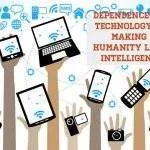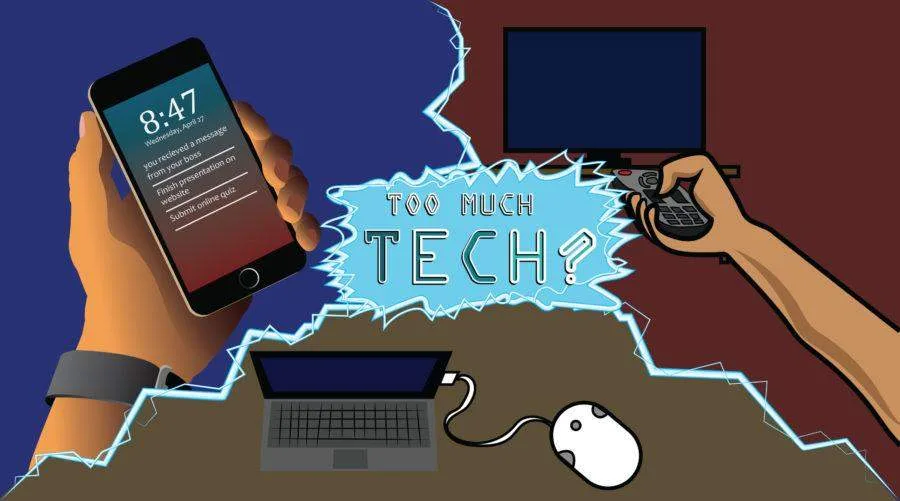Is dependence on technology making us less intelligent?
Education was once considered a luxury only the very wealthy could afford. But now that all of us have access to information and the Internet, education is no longer something that only the most privileged students can pursue. It’s just about everyone. In fact, education has become a marketing buzzword for some time now. Marketing experts claim that education can no longer be treated as a privilege or an investment, but must now become an investment-driving sector of our economy.
But are we now depending too much on technology? With the proliferation of online courses, distance education and even video conferencing, the notion that education can no longer be kept to a certain elite class has become a thing of the past. What was true years ago when education was something only the rich and affluent could afford is now a reality for many. And that realization has spawned the ‘modernisation’ of education. Modern technology has made it possible for education to take place in many different settings, allowing the ‘traditional’ classroom setting to slowly fade away.
However, is it all just about the ‘modern’ or ‘traditional’ meaning of these terms? The terms are often used interchangeably, especially when discussing technology and its impact on education. So, exactly what is meant by these terms? The definitions below highlight the important differences between the two.
The word ‘computer’ encompasses many forms of technology. This includes telephones (including mobile phones), electronic music and video games, and smart devices. While the term is generally used to refer to any type of computer hardware or software, it also includes software applications that are generally necessary to the operation of a computer. For instance, many people would associate the term with computer technology with a desk-top personal computer, but the term also includes things like wireless networking, media access, electronic medical records, electronic books, digital camera images, video camcorders, printers, faxes, modems and wireless communications equipment.
Computer technology plays an important role in education and is often considered one of the driving forces behind the recent growth of online education. Online education typically consists of coursework that is taught over the Internet – sometimes over a chat program – with students receiving instruction from a computer, rather than a physical teacher. In recent years, many schools have adopted online learning as a way to cut costs, while also maintaining high levels of educational quality.
Some of the different forms of technology education include everything from computer science and artificial intelligence to animation and graphic design. The computer technology industry has also become a major force behind many fields that are not necessarily related to computers, such as aerospace, medicine and engineering. Although the computer industry may be the largest contributor to the growth of technology education, other fields are also growing rapidly in popularity. Those include natural sciences (which include biology, geology, and chemistry), business, and entertainment, such as video game design, web design, and production design.
One of the most common questions that technology-minded people ask is whether or not they are being too technological – or “techno-unfriendly” – when it comes to their own education. While some may argue that technology is helpful in the classroom because it allows for a more interactive, dynamic learning experience, others point out that teaching students how to use computer programs is a form of reading, writing and other forms of academic learning. With so many different forms of technology readily available, it’s easy to see why some people might question the use of computers in education.
There is no single answer to the question, “are we relying too much on technology?” However, as society becomes increasingly reliant on computers for every day activities, it is likely that the answer will continue to grow. The continued expansion of high-tech schools and universities, and the massive benefits that computer programs like computers and the Internet provide for education, are only two reasons why some question the need to be so dependent on technology. The future of education may require us to reassess our reliance on technology, or to invent new ways for educators and students to interact and learn.







